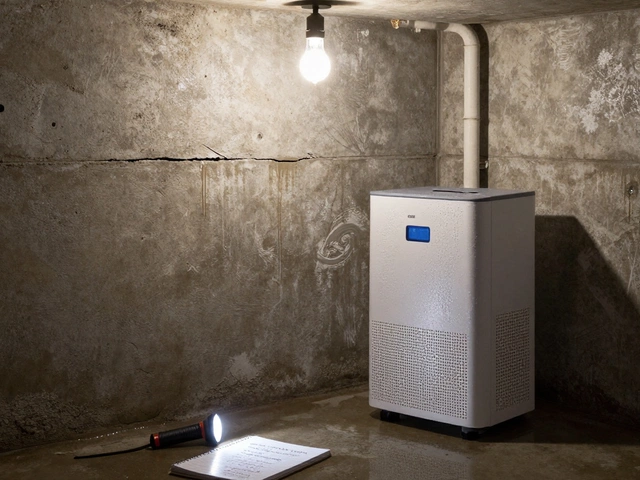Commercial Projects: What They Are and How to Manage Them
When you hear the term "commercial project," you probably picture an office tower, a shop front or a warehouse. In reality, it covers any building work that isn’t a private home – schools, clinics, retail centres, factories, you name it. The big difference from residential work is the scale, the codes you must follow, and the need for a tight schedule that keeps businesses running.
Common Types of Commercial Construction
There are a few main categories you’ll run into. Office buildings focus on flexible floor plans and high‑speed internet infrastructure. Retail spaces need open layouts, good lighting and easy customer flow. Industrial facilities require heavy‑duty floors, loading docks and fire‑resistant materials. Institutional projects like schools or hospitals bring extra safety and accessibility rules.
Knowing which type you’re dealing with helps you pick the right materials. For example, a warehouse often uses steel framing and concrete slabs, while a boutique shop may favour decorative stone cladding – the kind of limestone we supply at Lime Hillock.
Key Tips to Keep Your Commercial Project on Track
1. Check the codes early. Commercial buildings must meet fire ratings, accessibility standards and local planning rules. Get a checklist from your architect or a certified consultant before you break ground.
2. Plan the logistics. Deliveries, waste removal and worker shifts all affect nearby businesses. Schedule noisy work for off‑peak hours and coordinate with neighbours to avoid complaints.
3. Choose the right contractor. A builder who knows commercial codes will save time and money. Look for a company that has done projects similar to yours – experience with “commercial construction” matters.
4. Use quality materials. Durable stone, proper sealants and certified steel keep the building safe for years. Bad materials lead to cracks, water leaks and expensive repairs later.
5. Monitor the budget. Commercial projects can balloon quickly. Keep a running table of costs, compare quotes regularly and ask for itemised invoices.
Remember, every commercial project is a partnership between the owner, architect, contractor and material supplier. Clear communication and early planning are the shortcuts to a smooth build.
If you’re ready to start a commercial build, think about the building type, the codes you’ll need to meet, and the quality of stone or limestone you’ll use. Our local quarries provide the kind of reliable material that makes a lasting impression – perfect for office façades, retail fronts or industrial floors.
Got questions about which material fits your project? Reach out to our team. We’ll help you pick the right stone, explain delivery options and keep your build on budget.
Understanding the Federal Definition of 'Commercial' in Construction

Explore what the federal government means by 'commercial' in the realm of construction. This article helps you navigate the guidelines shaping commercial projects and highlights differences from residential construction. Learn about the key attributes and criteria used in federal codes. This insight is crucial for developers, builders, and anyone curious about the nuances of commercial construction in today's landscape.
read more



